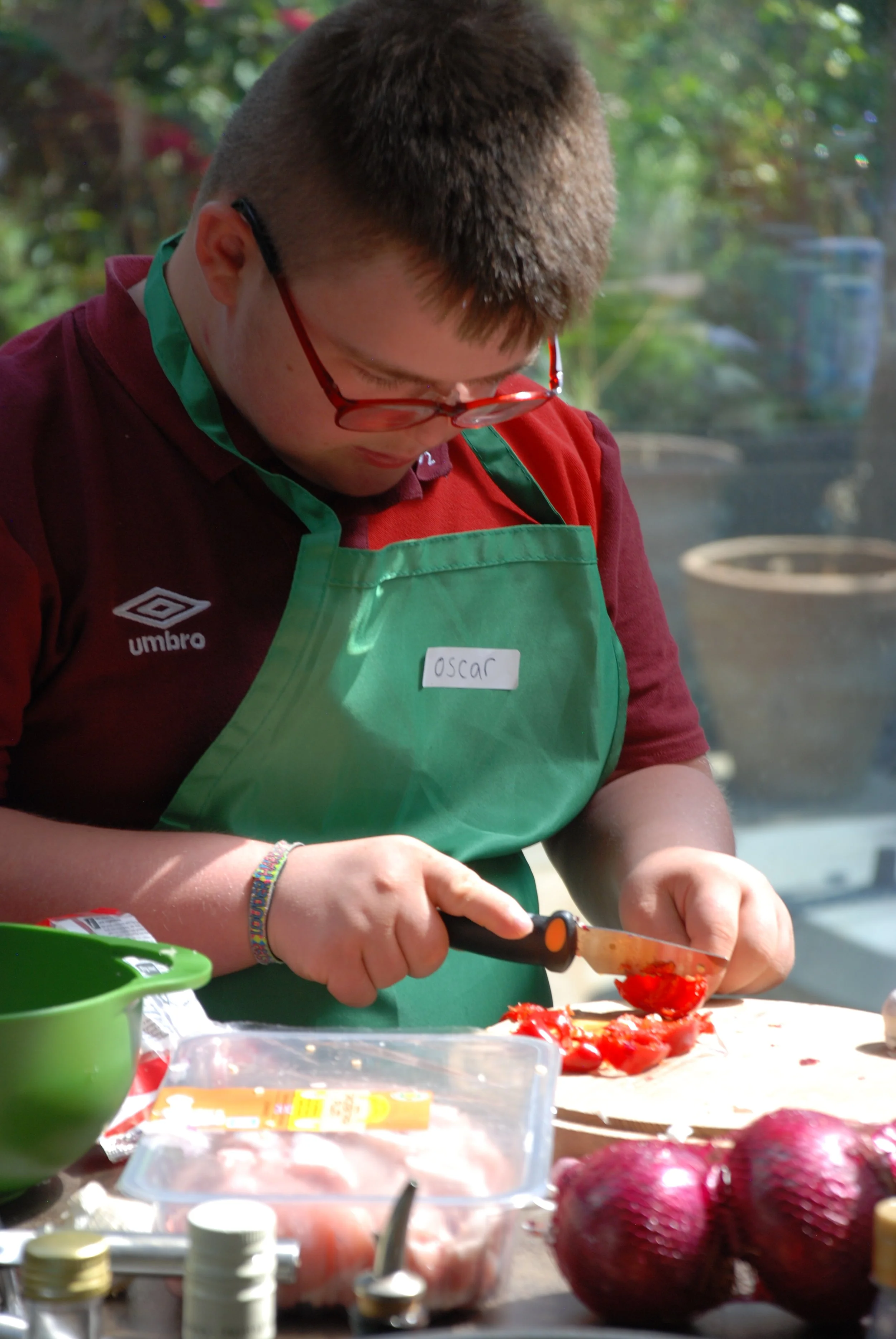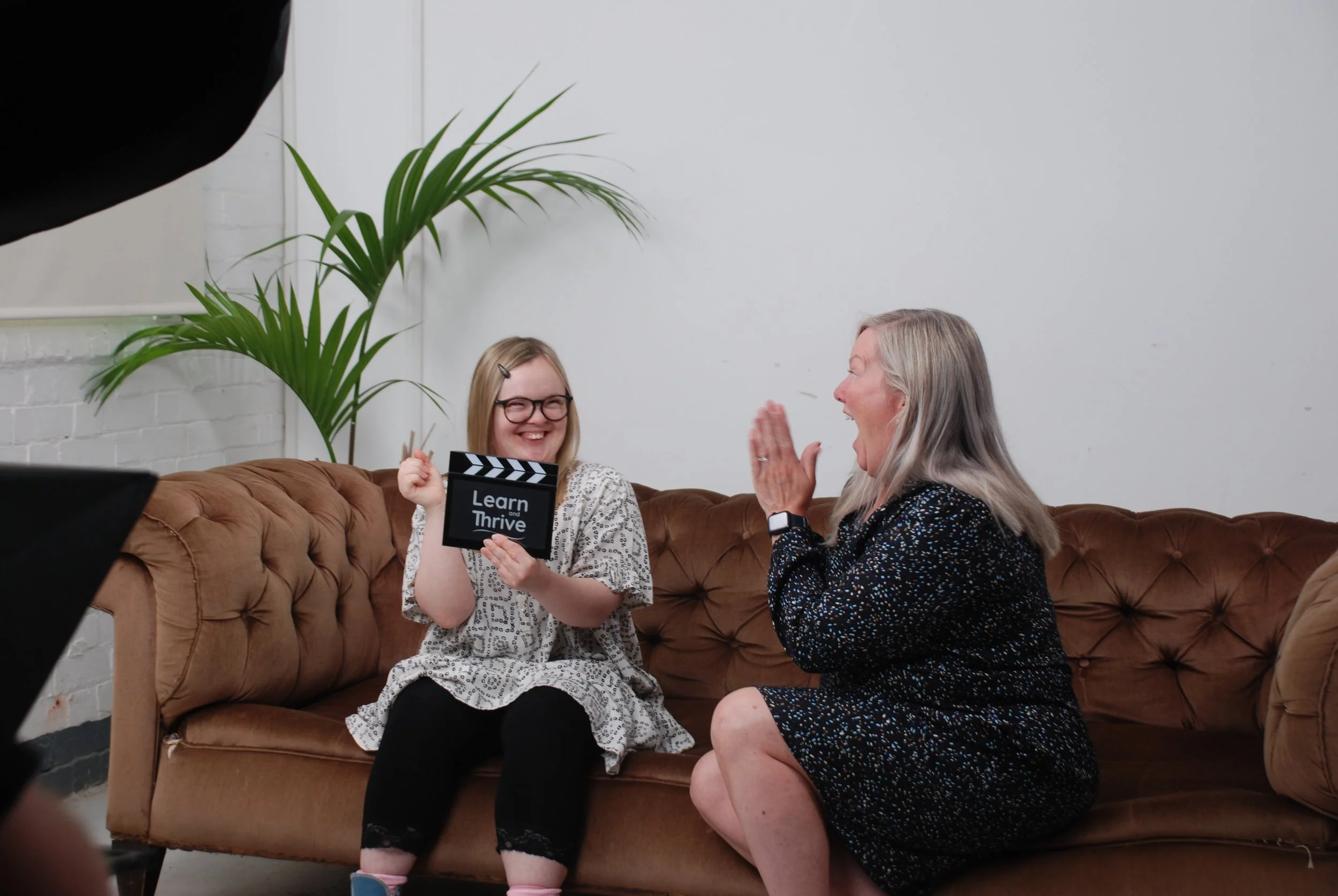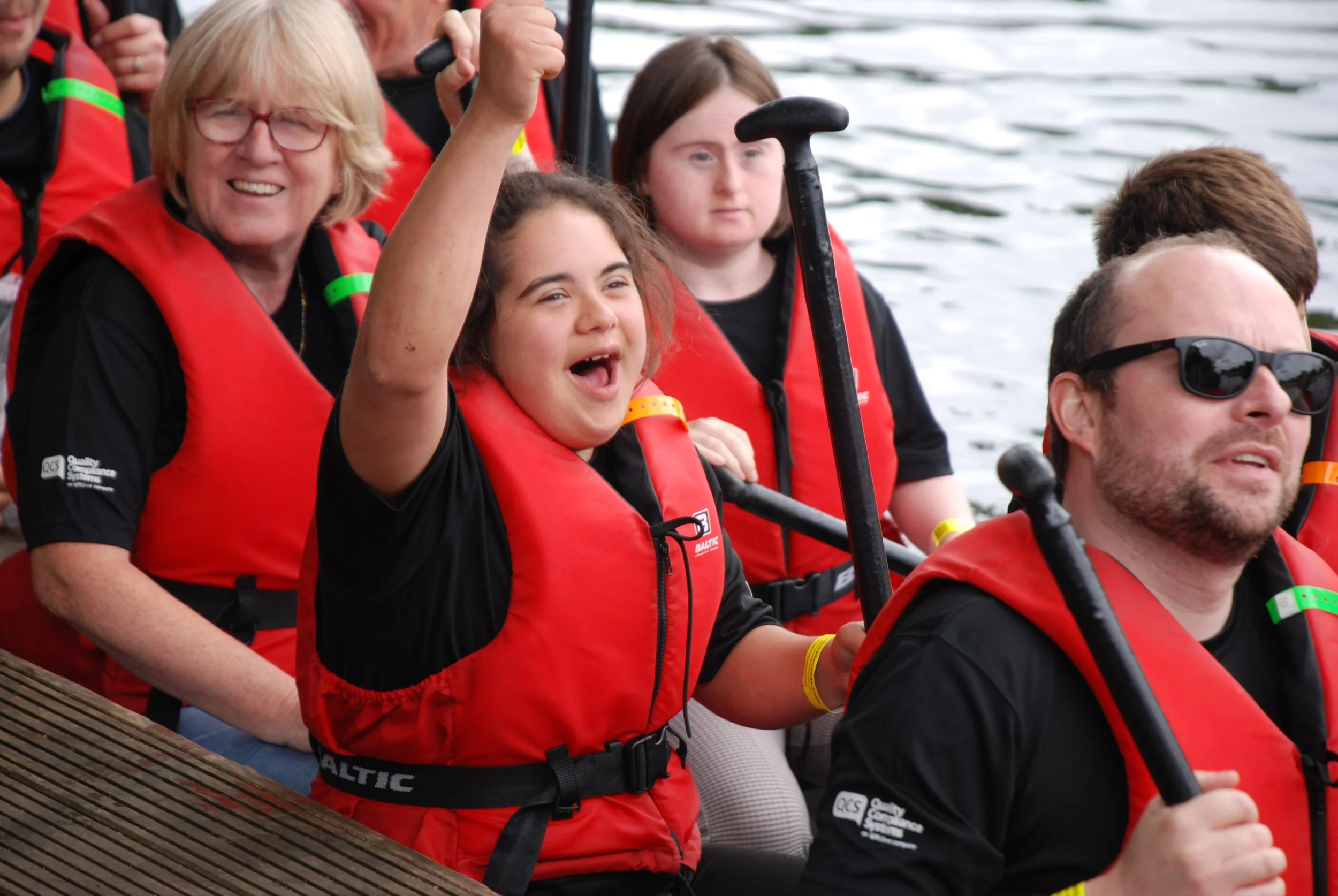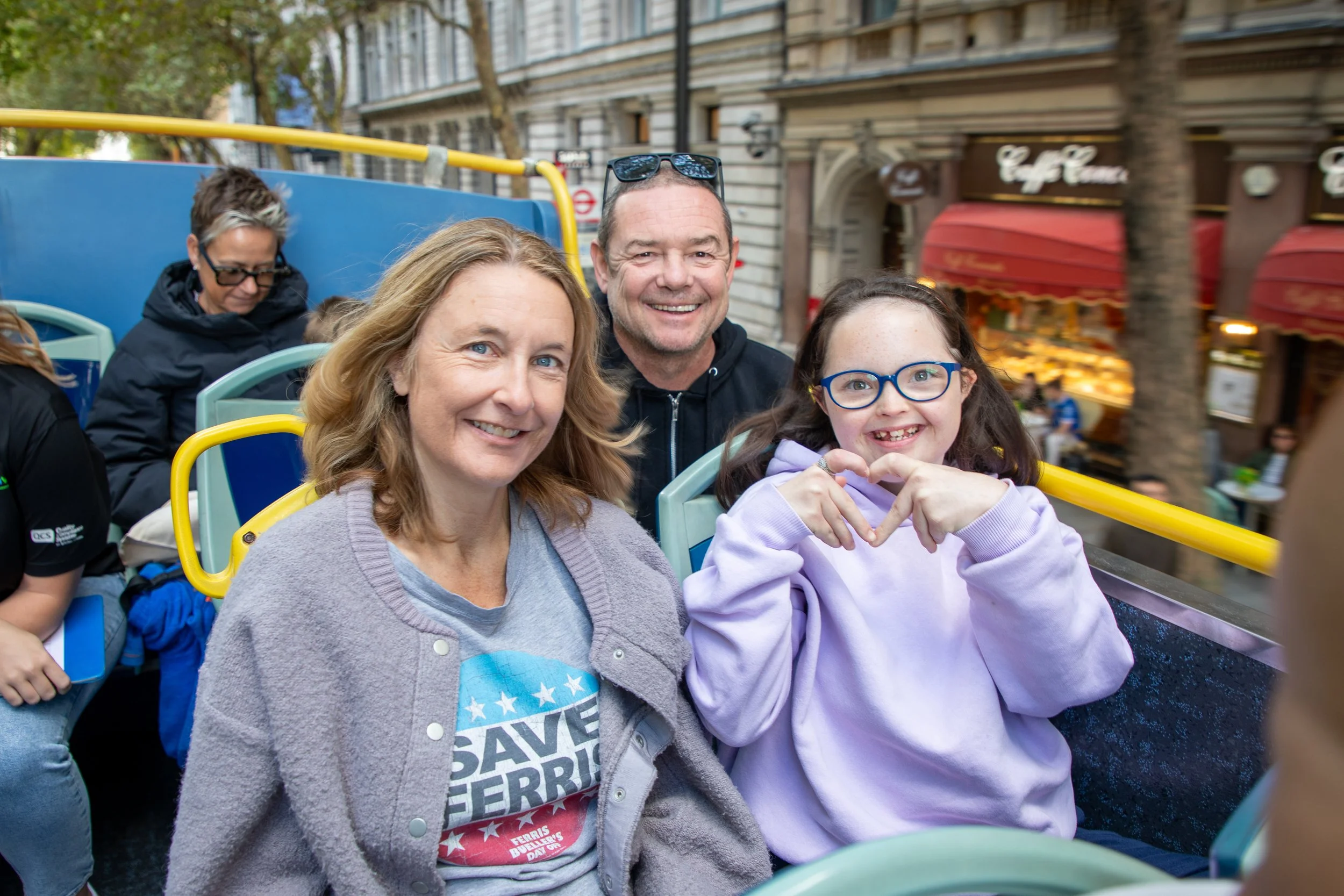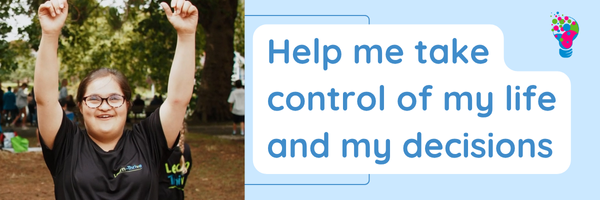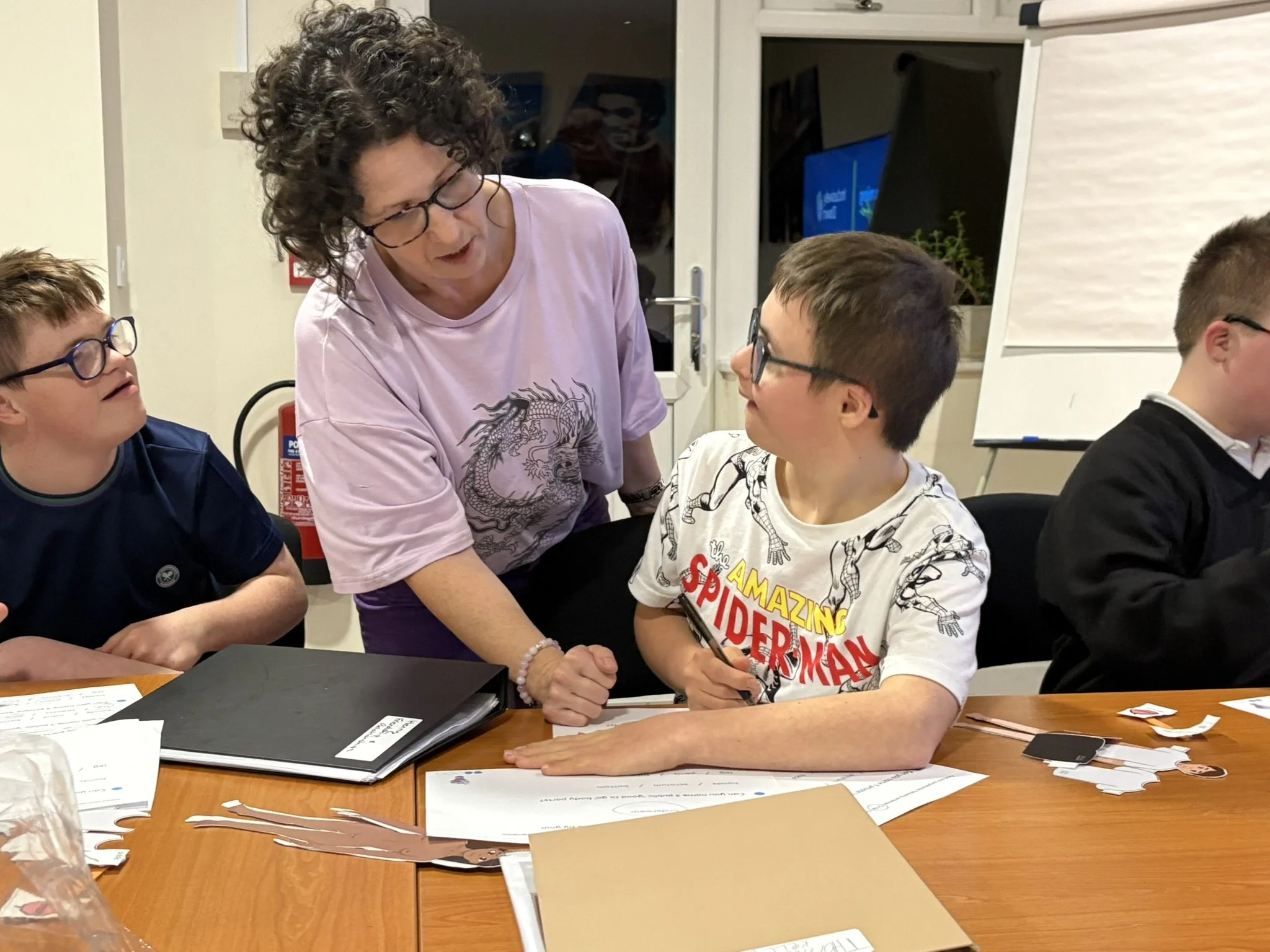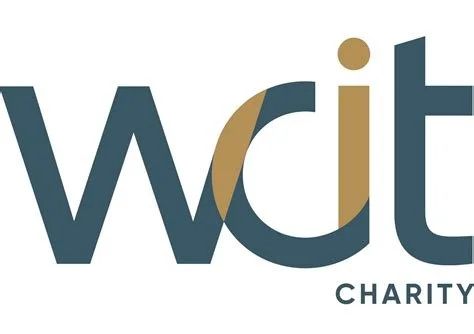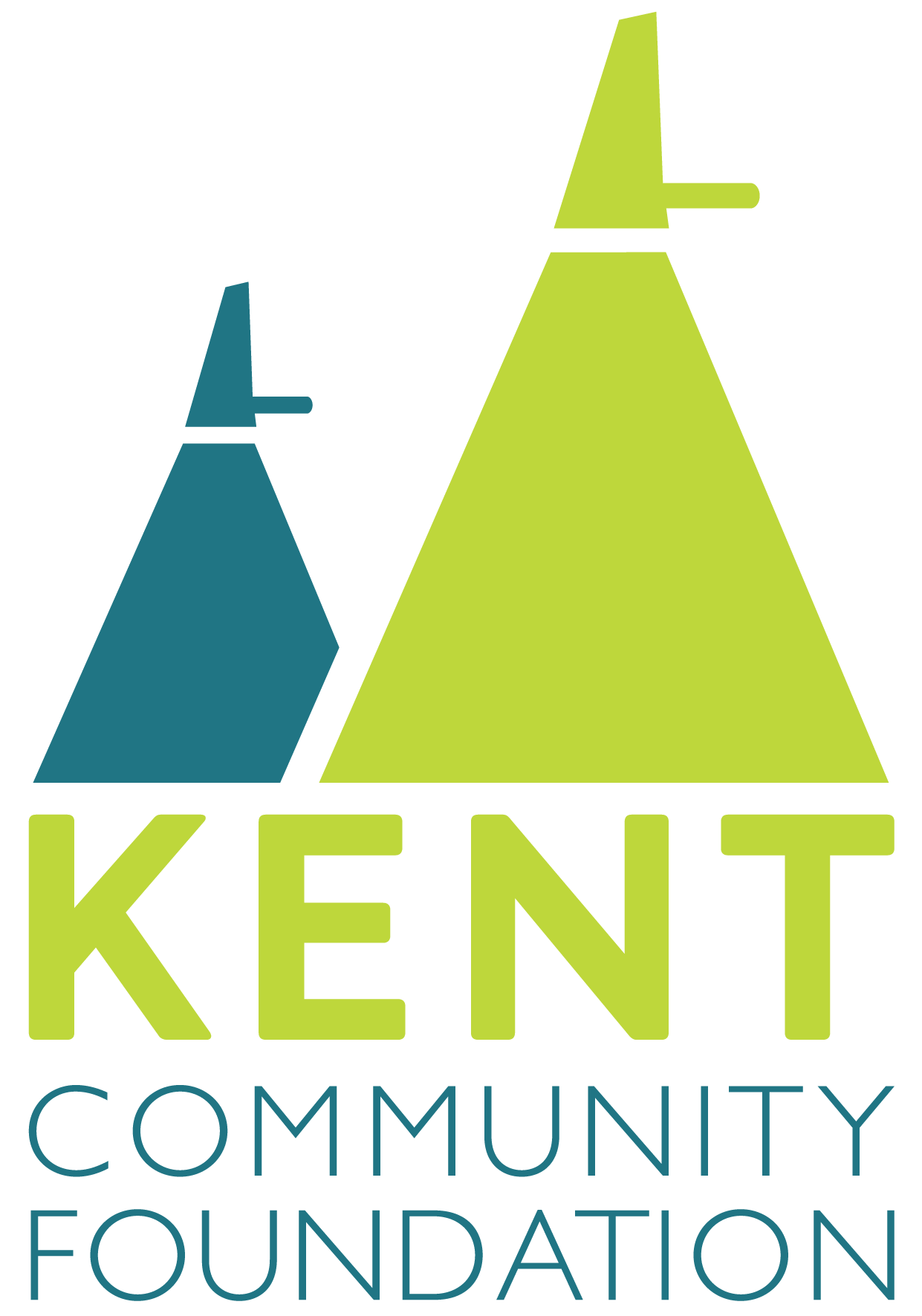“She deserves to live her own life”
People with Down’s syndrome and learning disabilities face significantly poorer outcomes in life — including early death, isolation, abuse, and a loss of autonomy— while the families and professionals around them are too often left without the guidance and tools needed to offer meaningful support.
These failures are not inevitable; they reflect a system that continues to overlook their rights, voices, and potential.
We provide resources that support learners with Down’s syndrome and learning disabilities to live more independent, connected and safer lives.
Our projects, Teach Me Too and Learning for Life offer support for our community .
Every child and young person with learning disabilities deserves high-quality, accessible resources at home.
Cost should never get in the way.
That’s why we offer all our content out for free to families who need it most.
How does our work make a difference?
Our content gives children and young people the skills they need to help them lead safe and lead more fulfilling lives. Our resources teach them to:
Strategies to regulate emotions - means they can keep jobs because they avoid emotional outbursts
Understanding safe and appropriate types of touch - means they can identify when they are being harassed or abused
How to make balanced meals - means they can become more independent and lead longer, healthier lives
And a wide range of other skills needed for life
Short Term Impact
Individuals with Down’s syndrome / learning disabilities can access content made for and representative of themselves
Access to trusted, quality content unlike anything else
Education settings and support groups save time in planning sessions
Parents have access at home to help with consistent teaching
Meet Lucy
Employment & Life Skills Coordinator at Down Syndrome Cheshire
“This is what I’ve been looking for everywhere. It’s pitched exactly [our members]. I can’t do our afternoon sessions without you now!”
Individuals with learning disabilities learn more about the world around them.
They can spot unsafe places and people.
They know when and who to ask for help.
They know which decisions are theirs to make.
Medium Term Impact
Meet Suzi
Secondary teacher with SEN experience
“The standard of understanding just raised so much, and the kids started taking autonomy for saying, no, it’s private [the bathroom]. That was just such a breakthrough.”
Individuals with learning disabilities have the skills to live more independence, connected, and safer lives.
They can choose healthy friendships.
They can choose to have romantic relationships.
They can choose where they live, where they work, and what gives their life meaning.
Long Term Impact
Meet Michael
Young person with Down’s syndrome and ADHD
Michael used the Learn and Thrive resources after an issue with exposing himself on a WhatsApp group. Now he’s been able to join back into the group safely, and move to college independently.
Still unsure which project will work for you?
Find out more, specialised for you.
Making their lives easier
We’re all strapped for time. For the parents and educators we support, their lives can be a whirlwind of appointments, specialist support, and just simply getting ready for the day. Our projects take away some of the strain and worry around education.
Saving them time in planning sessions and making activities
Increasing confidence with specialist content that can be used by non-specialists
Covering much-needed topics to tackle challenges faced by our community
Building networks and creating change
Through our work with other charities, community organisations, and businesses, we bring advice, guidance, and support to our users and partners with:
Our Useful Links page
Life Skills Unfiltered - our podcast, discussing practical advice for real-life problems
Working directly with our partners to create brand new content to directly address the current needs of our community
We want to create a world where every young person with Down’s syndrome or other learning disabilities has the power to dream big, make their own choices, and shape their own future.
Learn and Thrive wants to make a difference to our community. We’re building for the future, to bring our vision to life.
Check out our Theory of Change and our 5 Year Strategic Plan to see what’s to come.
What’s Next?
Our Learning for Life project provides skills for life. And making your own decisions is a big part of growing up.
We see far too much that those with learning disabilities aren’t able to make these decisions for themselves. The assumption might be this is because they don’t have capacity - but often they just don’t know how.




